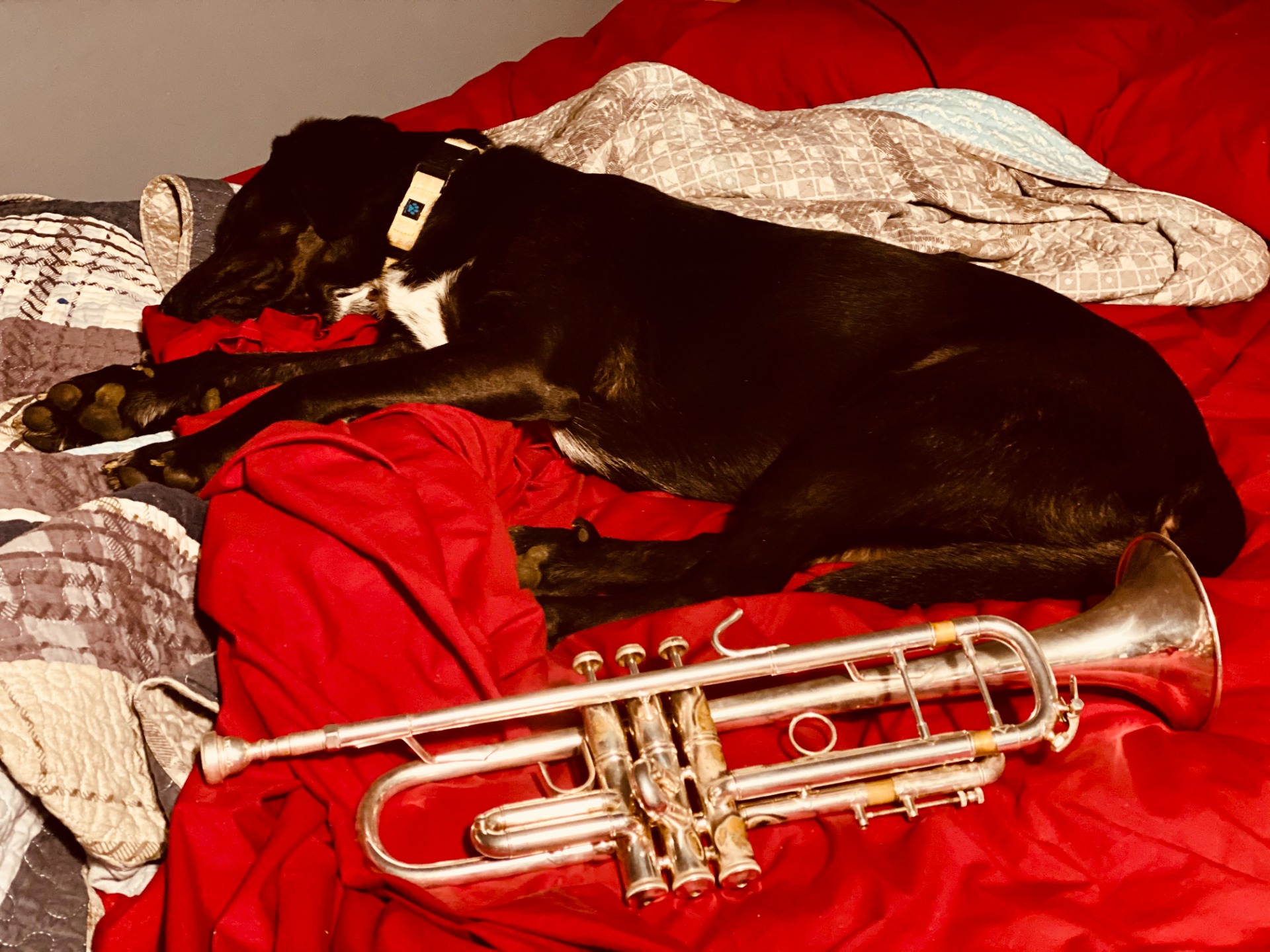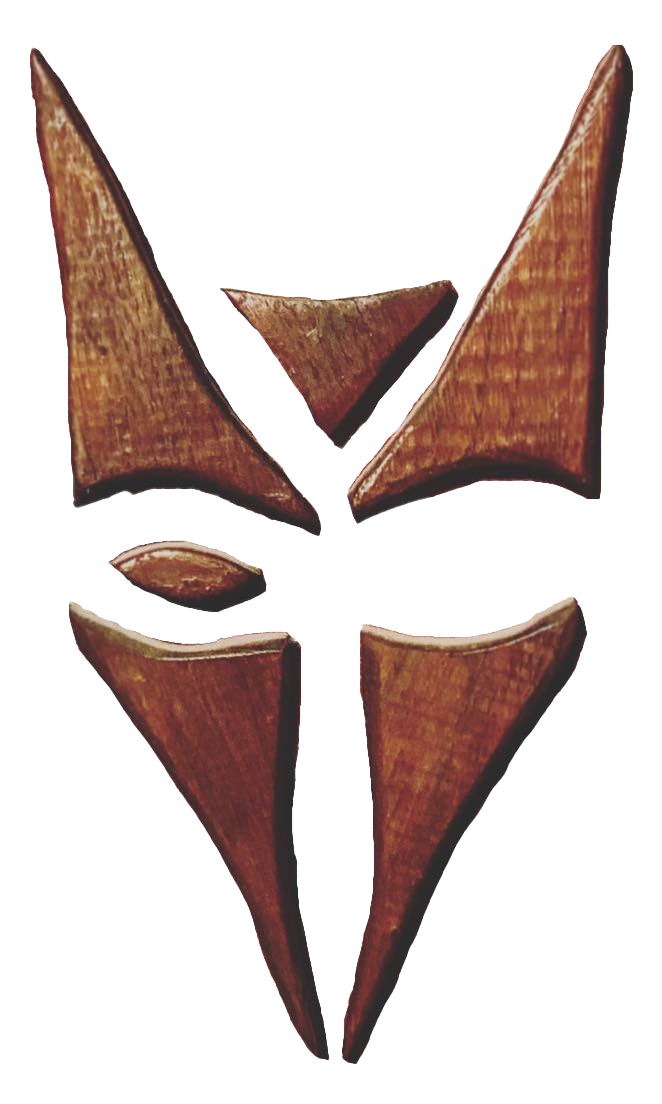Ghost Trumpeter on First Valve: The Simple Complexity of Rest

Trumpet inspiration hits as the leaves change; I find myself sitting at my desk listening to Philip Glass with a lukewarm cup of coffee and jittery thoughts to write down (mostly as reminders to myself). Disclaimer: the following paragraphs may be self-explanatory, apologies in advance.
I want to talk about the incredibly simple (but often made overly complex) idea of resting as we play.
This is something that almost every single brass player will struggle with at some point in their careers, and high brass players are especially susceptible to ignoring it. We futz with mouthpieces; throats and backbores, cup depths, rim shapes, all of these things being perfectly reasonable in our quest for greatness. However, in our efforts to conquer the beast, we often forget to begin the journey toward (high-quality) consistency and refinement.
When I was a kid, I can remember summer days in West Virginia spent playing Wiffle Ball in my grandparent's yard. Because it was just my younger brother and I, and maybe a parent or uncle with us tossing the Swiss Cheese baseball, we would play "Ghost Man" style. This ghost man would run the bases as an extra player to keep the bases somewhat loaded all the time, making it a more enjoyable experience for the young'uns. I think we can borrow this concept in our playing - if you are like me, having grown up with the birth of the internet (i.e. - digital native), rest periods are incredibly stifling and often feel like wasted time that isn't productive (although this couldn't be further from the truth). I want to get to work now! Solve all of my playing issues in one session! Conquer the world with my brass Zweihänder!
When I sit down for the first practice session, those initial moments feel especially crucial. I am either setting myself up in a healthy way, sharpening my best qualities/refining my flaws, or I'm dipping right back into my worst habits. With the borrowed concept from Wiffle Ball, I imagine a "ghost trumpeter" in my head; a Rolodex of the players I admire or have personally studied/worked with comes into view. Rather than the practice journey being a lonely one (as it often is), I now have someone to perform with. Whenever I play something, whether it be a passage of music for an upcoming performance or a simple fundamentals exercise, the ghost trumpeter gets their turn too, although they always seem to nail it on the first go. In those moments I am "listening" closely, singing along with them (they never seem to mind), or simply enjoying the imagined sound. As we share the practice time that seems to burn away as quickly as dry grass, this keeps my focus on solid ground in which I can have short burst moments of high-quality practice and repetition, with rest automatically included.
The cute yet overused cliché, "Practice, Practice, Practice" is as useful as rolling around in the mud if it isn't moving the needle in the right direction. It wasn't until I became wiser (for a trumpet player anyway) that I realized practice can be as dangerous as it is beneficial, depending on what you are doing.
Resting is where the magic or tragedy happens, we are writing to our "hard drive". Simple, slow, steady, and logical is often the key.
A final thought; within freelancing, a player is rarely afforded the opportunity to look very far ahead at the demands they will endure. Sure, I can anticipate my season calendar for the groups I am a member of (that is part of the job), but outside of that, all bets are off. I could be asked to sub in with an orchestra, initially on an undemanding part, and a few days later get "bumped up" to a brand new set of challenges. Or at the last minute get asked to sit in for a quick recording session on piccolo trumpet where the paper is warm and the ink is still wet (all of these things have happened).
It is a fairly impossible task to be on top of everything all the time, but I think that resting as we play combined with short-burst practice strategies is often overlooked for the "old style" of practicing (slamming head against the wall, hours of bad habit solidification, etc.) that many musicians work for decades to overcome.
